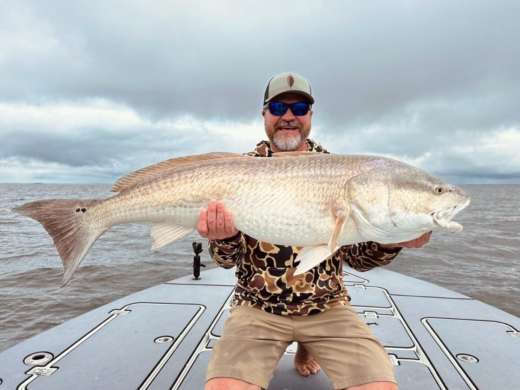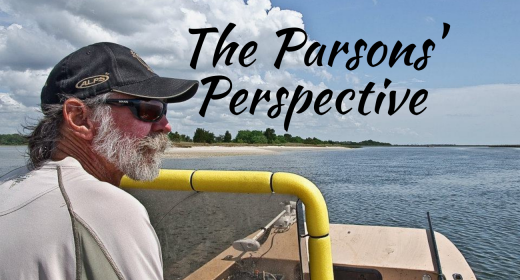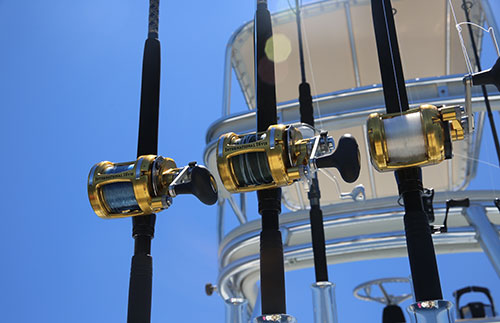Second Round Of NC Fishery Covid Relief Fund Limited To Commercial Fishing and Seafood Firms Only
On February 20th of this year, North Carolina Marine Fisheries issued additional relief funds amounting to approximately $1.2 million to eligible members of the state’s fishing industries that sustained income losses from March to December of 2020 due to COVID-19. This award included financial relief to 204 commercial fishermen, Marine Aquaculture Operations, and 35 seafood dealers and processors deemed eligible.
This funding originates from the Federal CARES ACT II of August of 2021 at which time the North Carolina Marine Fisheries received a net amount of over $4,000,000 for financial relief to fishery-related groups impacted by the COVID-19 pandemic.
However, questions arise with the statement made in the recent press release that said, “No additional funding was issued to for-hire operators because all eligible losses from those who applied for relief were fully compensated in the 2022 distribution.”
· Fishery Stakeholder groups are not mentioned in the press release. This should apply to entities like tackle shops that depend solely on the fishing industry as a means of survival. This group suffered challenges with product shipping and raw materials that lasted for several months and impacted sales on multiple levels within the fishing industry.
While COVID-19 did have an impact on the commercial fishing workforce, it is reported that it had little negative impact on sources such as fish products, unlike the significant reduction in tourism and other segments relating to the fishing industry.
Whether this slap in the face to the recreational fishing industry was caused at the Federal or State level, it’s equally as impactful. Much of this is driven by the involvement of the special interest groups and the work of their lobbyists. Groups like the recreational anglers of North Carolina have little representation compared to the highly financed and well-connected special interest sources available to specific groups.
Please understand that this epic problem does not rest with the commercial fishing industry. It rests with the mismanagement of multiple entities. If a correction is not made soon, the final impact will be equally shared between both the hard-working commercial fishing industry and the loyal recreational fishermen.
However, I believe help for the North Carolina recreational fishing community and its supporters is just around the corner. This help comes from those entities that have been
working diligently on the past and present issues impacting North Carolina’s fishery. There are also additional groups becoming involved that have knowledge and connections to change the direction of the state’s fishery problems. Today, they will remain nameless, but not for long.
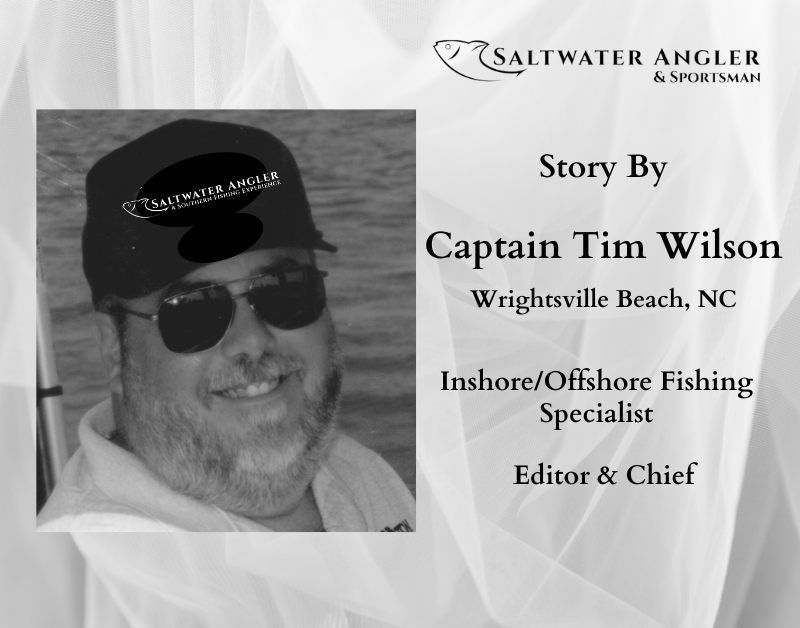
You may be interested
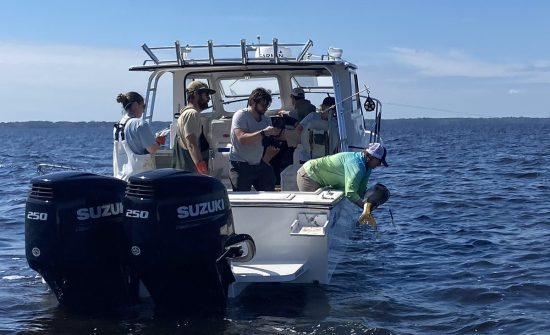
Satellite Tracking Study Aims To Unlock More Red Drum Secrets
Tim Wilson - April 8, 2025A pilot study tracking a popular saltwater fish was not expected to yield as much information as it did in its first year. When the North Carolina…

9 Things Fishing Guides Won’t Tell You
Tim Wilson - April 8, 2025We’re all amazed at how fishing guides nearly always know what to do and where to go to put fish in the boat. Most guides are fishing…
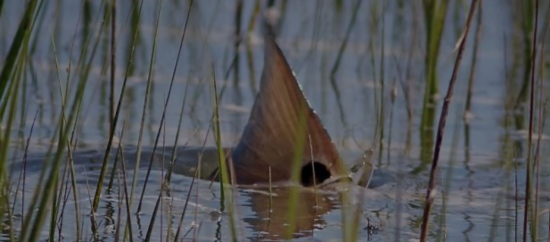
How the Moon Phase Impacts Inshore Fishing
Tim Wilson - April 3, 2025The late spring and early summer months are a time of the year when the inshore goes thru a transition period. It's when the fish come out…
Most from this category
